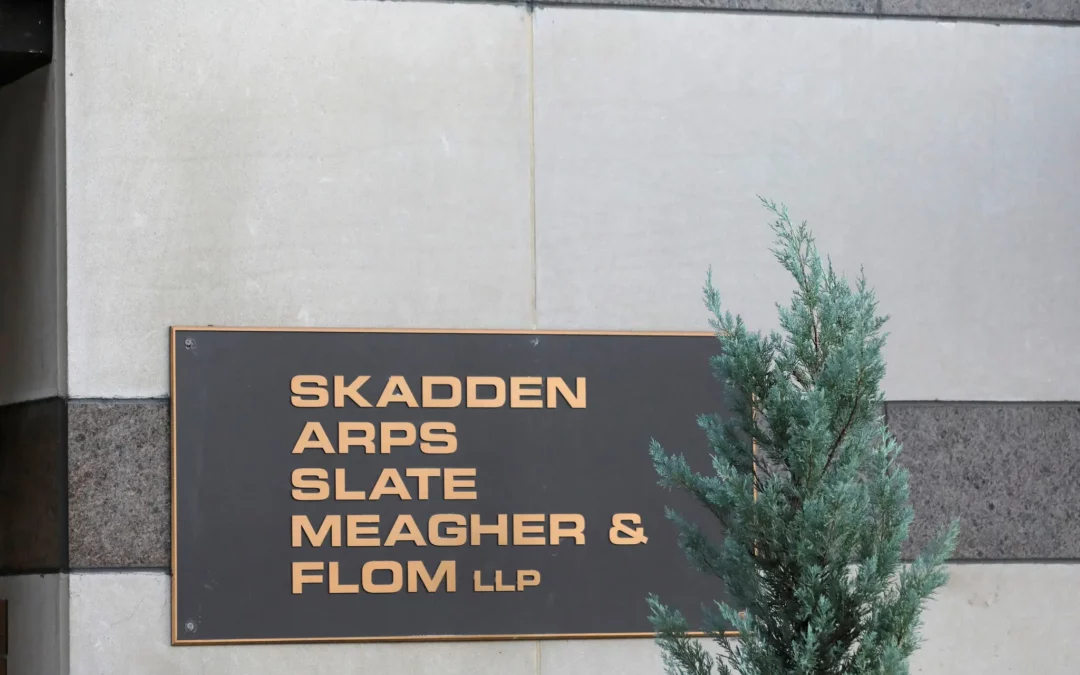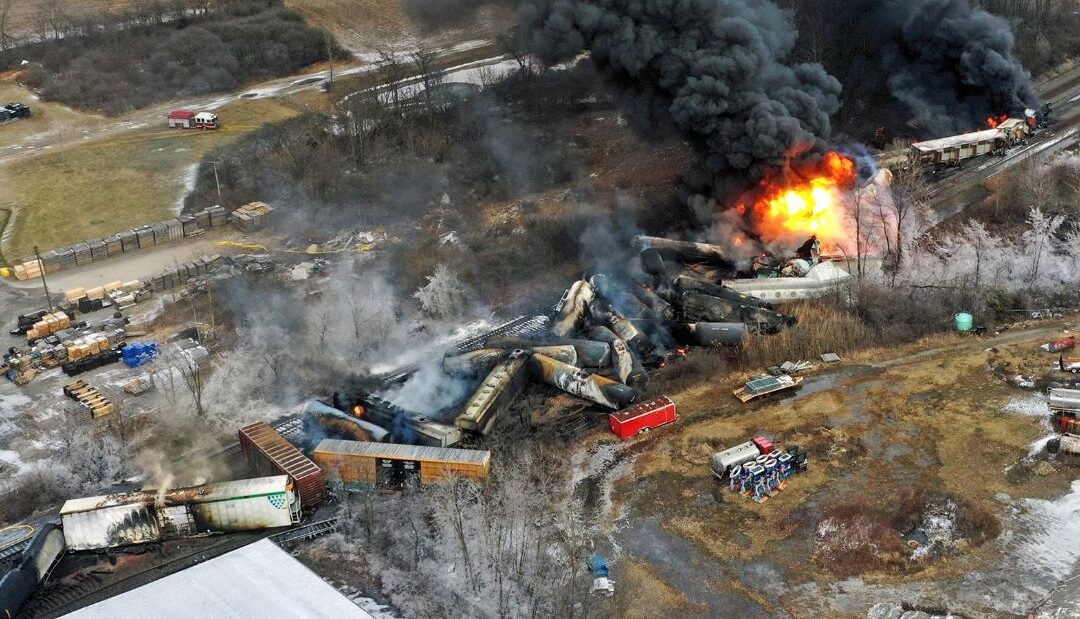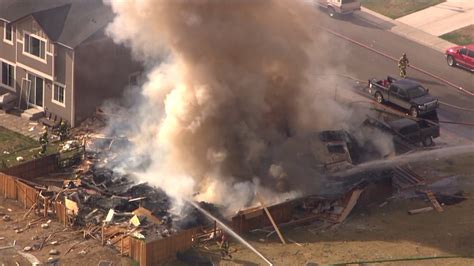 One of the stunning developments in 2025 was the capitulation of major law firms to the unlawful threats made by Donald Trump. On March 14, 2025, Trump issued Executive order 14237, “Addressing Risks from Paul Weiss,” suspending the firm’s lawyers’ security...
One of the stunning developments in 2025 was the capitulation of major law firms to the unlawful threats made by Donald Trump. On March 14, 2025, Trump issued Executive order 14237, “Addressing Risks from Paul Weiss,” suspending the firm’s lawyers’ security...
 The “Bottification” of Airbnb Under the brutal heat dome that hovered over the eastern seaboard in mid-June of 2024, my family and I were in Washington D.C. to do the typical tourist things: the Air and Space museum, Arlington Cemetery, the Holocaust Museum, the...
The “Bottification” of Airbnb Under the brutal heat dome that hovered over the eastern seaboard in mid-June of 2024, my family and I were in Washington D.C. to do the typical tourist things: the Air and Space museum, Arlington Cemetery, the Holocaust Museum, the...
 by Don Mayer, June 28, 2023 The antics of Silicon Valley “alpha dogs” have reached a new and disturbing level. In the public interest, PLBW offers some extraordinary writing by Lora Kelly of the Atlantic magazine. By way of preface, your “perfectly...
by Don Mayer, June 28, 2023 The antics of Silicon Valley “alpha dogs” have reached a new and disturbing level. In the public interest, PLBW offers some extraordinary writing by Lora Kelly of the Atlantic magazine. By way of preface, your “perfectly...
 By Don Mayer It’s fairly commonplace for CEOs of U.S. companies to move quickly into crisis management mode after a public relations disaster. Alan Shaw, CEO of Norfolk Southern, was in just such a mode after the February 2023 train derailment in East Palestine,...
By Don Mayer It’s fairly commonplace for CEOs of U.S. companies to move quickly into crisis management mode after a public relations disaster. Alan Shaw, CEO of Norfolk Southern, was in just such a mode after the February 2023 train derailment in East Palestine,...
 One of the sad but seldom mentioned realities about the U.S. legal system is how it protects corporations by failing to hold them fully accountable for the harms they inflict on ordinary people, and often leave the public to pay for the damages done. All...
One of the sad but seldom mentioned realities about the U.S. legal system is how it protects corporations by failing to hold them fully accountable for the harms they inflict on ordinary people, and often leave the public to pay for the damages done. All...





